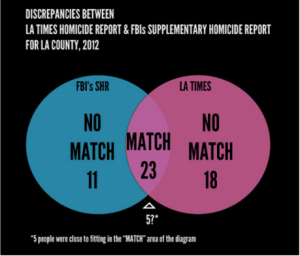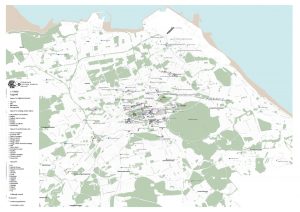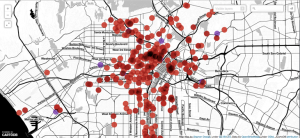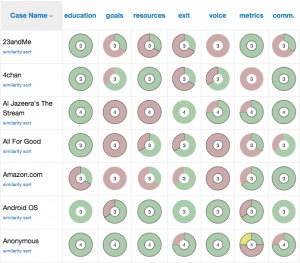Automation of Universal Credit
An ESRC-funded project on the emergence of automated social services and their effects on claimants through a study of the UK’s Universal Credit scheme. Through interviews and document analysis, the project illuminates Universal Credit’s wider political context and maps the political values and policies that inform the system’s technical dimensions. Using fieldwork, longitudinal diary studies and user testing workshops, we also investigate how claimants interact with automated components of Universal Credit and whether automation in social security harms certain populations. The user testing workshops will experiment with accountability processes that encourage claimants to offer feedback on the design of the system itself, providing templates for evidence-based consultations with users to shape algorithmic social services.
Culture and Communities Mapping
The Edinburgh Culture and Communities Mapping Project uses open data and participatory mapping to locate cultural and artistic spaces in the city. Through community workshops and pop-up events, we ask participants about the value and significance of a diverse range of city venues and about the challenges and opportunities of supporting cultural space. One outcome of this research is an open-access, community-created map that includes city cultural spaces, public sculpture and street art, bike and bus routes, and demographic information, among other city data. The map is used to discuss and analyse gentrification, arts equity and inclusion, and accessibility to culture in Edinburgh and surrounding areas. Project webpage here.
 Data Justice and “Agonistic Data”
Data Justice and “Agonistic Data”
This ongoing research analyses case studies of data activism and data justice through critical theory and political theory to differentiate between activist goals and methods. I’m in particular influenced by theories of agonistic pluralism that argue that consensus politics mask how power is rooted in society. The concept of agonism is useful for moving beyond a representational view of data and towards understanding its affective and rhetorical dimensions. To this end, I’ve also been part of Edinburgh’s Data Justice Week and past efforts to involve communities in interrogating data through collective analysis and GIS mapping.
a
This research draws on my dissertation to ask about the consequences of data-centric policies inside city governments on public outreach and democratic participation. While administrations have long collected statistics for the express purpose of creating quantitative accounts for administrative decision-making, the past decade has seen new types of administrative information rendered as data, and so subject to quantification and machine-readable functions. City governments have embraced these statistical tools to track performance, set goals, direct public services, and engage with the public. Datafication raises new questions about public accountability and democratic participation that demand exploring.
From 2011 – 2015 I was part of UCLA’s Participation Lab, an NSF-funded research group supervised by Professors Christopher Kelty and Aaron Panofsky. The Part.Lab works at the intersection of science and technology studies, open source and free software, and organizational theory. In our paper, “Seven dimensions of contemporary participation disentangled,” we developed a taxonomy of participation that looks at concrete examples of how participation takes place across the internet, in projects related to government, science, economy, and the civil sphere – and also of when participation might be exploitative labor in subtler forms. A large part of this work theorized Internet-based activity within the framework of historic political theories of participation. Using this framework, we analyzed case studies of disparate activities including social media, citizen science, open source software, and romantic dating apps. We found that the technical and legal infrastructure of these internet-based projects played a role in the collective experience of participants in terms of inclusion, agency, and equity. Particularly, these forms conditioned levels of participation across a spectrum, from expansive modes of engagement to limited and even extractive forms.


